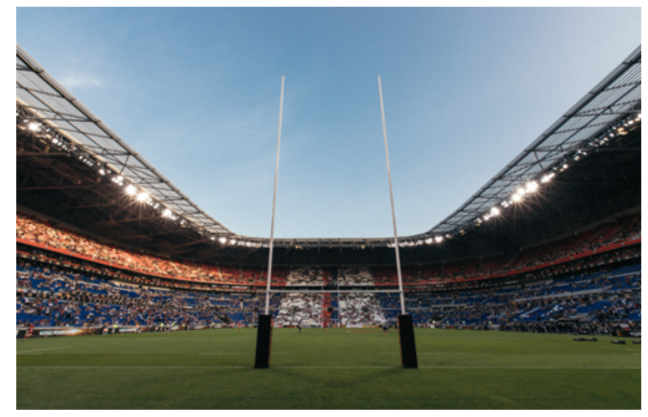
As a child I imagined what it would be like to score a goal for the home team in a sold out stadium. The deafening sound of tens of thousands of fans celebrating my efforts was amazing. I still have a passion for sport, but by day, my passion is property tax so I read with interest some recent reports on how a handful of pro sports franchises significantly reduced their property tax bills. The Montreal Canadians, San Francisco 49ers and Carolina Panthers had their property tax bills slashed by 40%, 50% and 56% respectively. Chances are your business doesn’t occupy a stadium, but there are tax lessons to be learned for any businesses that owns or occupies a Special Purpose Property.
Special Purpose Properties are properties that are designed in a way that makes them good for a single use. Some uses (like hotels) appeal to a broad array of investors, but others appeal to a very limited market making them difficult to value. Stadiums obviously fall in this category but so do churches, schools, power plants, hospitals, and most purpose built manufacturing facilities.
The most common method for estimating the tax assessment of a limited market, special purpose property is the cost approach. You start by estimating how much it would cost to construct the improvements, deduct allowances for all forms of depreciation and then you add the land value. Simple enough. So how is it possible that Bank of America Stadium (the home of the Carolina Panthers) can have estimates of its value ranging from $87m to $472m?
It’s because valuation experts will differ in how they account for “all forms of depreciation”. Physical depreciation is readily understood, however properties can also suffer from functional and/or external depreciation. Although a stadium, pulp mill, food processing plant, church or hospital may have been meticulously maintained, it may be subject to significant amounts of functional and external depreciation if its configuration is sub-optimal, if it is poorly located, or if the economic prospects for which it was built have deteriorated in some way- all of which are grounds for a reduction in its assessed value.
The Bell Centre in Montreal opened in 1996. It cost roughly $240m to construct (roughly $485m today). The land is currently assessed at just over $50m and the total assessment now stands at $167m. This implies a total depreciation from all causes of approximately 75%. Only a small amount (+/-1/3rd) of this relates to physical depreciation as stadiums can have very long physical lives. Anfield, Old Trafford, Fenway Park, and Wrigley Field are all more than 100 years old so the key to accurately estimating the total depreciation in a stadium (or any other special purpose property) is in identifying and quantifying functional and external depreciation. Unfortunately there aren’t any tables an assessor can use to estimate these forms of depreciation. It requires an understanding of why the property was configured the way it is, how it would be configured were it to be re-built from scratch, and an understanding of the location and economic factors that apply to the use it was designed for.
During my career, consulting on behalf of taxpayers I’ve often heard the argument from assessing authorities “the owner is using it for the purpose in which it was built” and/or “the business is very successful” which leads to the question “how can there be significant functional and/or external depreciation.” In the Panthers case it’s true the stadium was being used for the purpose in which it was built. It’s true that the business is viable (David Tepper acquired the Panthers including the stadium for $2.2b in 2018) but those are the wrong questions. The right question is “would the business be worth more if it had the right stadium in the right location?”
The right stadium might have more seats, more private boxes, more places to sell advertising and might cost less to operate. It might also be built in a location to make commuting easier so more fans buy tickets and spend more on concessions while they are at the game. The same concepts hold true for any special purpose property. A church located distant from its parishioners, a school with declining enrolment, a power plant compelled to use high priced coal, and a poorly configured manufacturing plant located too distant from its markets or its raw materials can all suffer from functional and/or economic depreciation.
2020 property assessment notices are rolling out across Canada (New Brunswick is up next!). If you own or occupy a special purpose property, make sure you ask the right questions when you decide if it’s time to request a review this year.

Andre Pouliot is Vice President of our New Brunswick operations and Senior Manager of our Property Tax Division. For more information about our property tax services, feel free to contact Andre at (902) 429-1811 or
